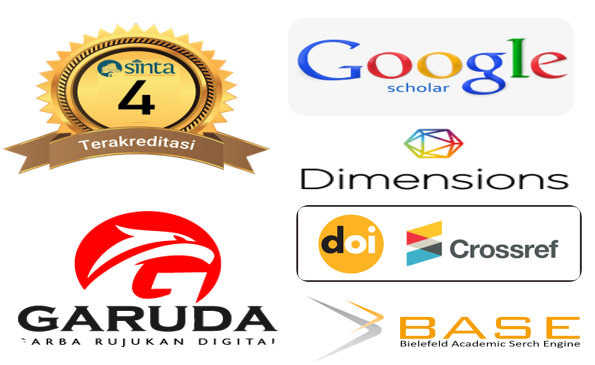Option-based tasks: an effort to encourage the EFL students to learn
Abstract
Teaching is to create environment for students to learn. However, there are times when students become reluctant to learn. One reason is the given learning tasks are irrational. A good example in the ELT context is a common reading comprehension class in which the teacher gets the students to produce oral or written answers to a series of ‘wh’ questions that follow a reading passage. It is too demanding. This paper aims to propose EFL learning tasks that adopt (or adapt) option-based techniques in an attempt to facilitate students’ learning. The paper begins with the rationale behind the adoption of each technique. Then, it discusses things to consider when preparing the tasks. A selected sample of such techniques for ELT will be presented in the last part of the paper.
Keywords : Option-base tasks, ELT, techniquesKeywords
References
References
Ellis, Rod. 2004. Task-based Language Learning and Teaching, Oxford: Oxford University Press
Hashemi, M. et. al. 2012. “Using Task-Based Language Teaching: Learning Practically in English Classes”, Procedia – Social and Behavioral Sciences
Huang, Jiuhan. 2010. “Grammar Instruction for Adult English Language Learners: A Task-based Learning Framework”, Journal of Adult Education, v39 n1 spec iss p29-30
Suwartono, 2009. “The Necessity of Synchronizing the EFL Teachers’ Perception with Their Behavior to Upgrade Professionalism”. The 1st COTEFL International Conference (Proceeding)
Suwartono, 2007. “A Good Teacher of EFL Speaks the Language in the Class”, The 55th TEFLIN International Conference 2007 (Conference Proceedings)
Suwartono, 2008. “Dependent Upon Teacher’s Creativity”, GloCALL 2008 – Indonesia: Globalization and Localization in CALL (Program Book)
Ur, P, & Wright. A., 1992. Five-Minute Activities: Resource Book of Short Techniques, Cambridge: Cambridge University Press
DOI: 10.30595/lks.v13i1.4103
Copyright (c) 2019

This work is licensed under a Creative Commons Attribution 4.0 International License.
ISSN: 2620-4037

